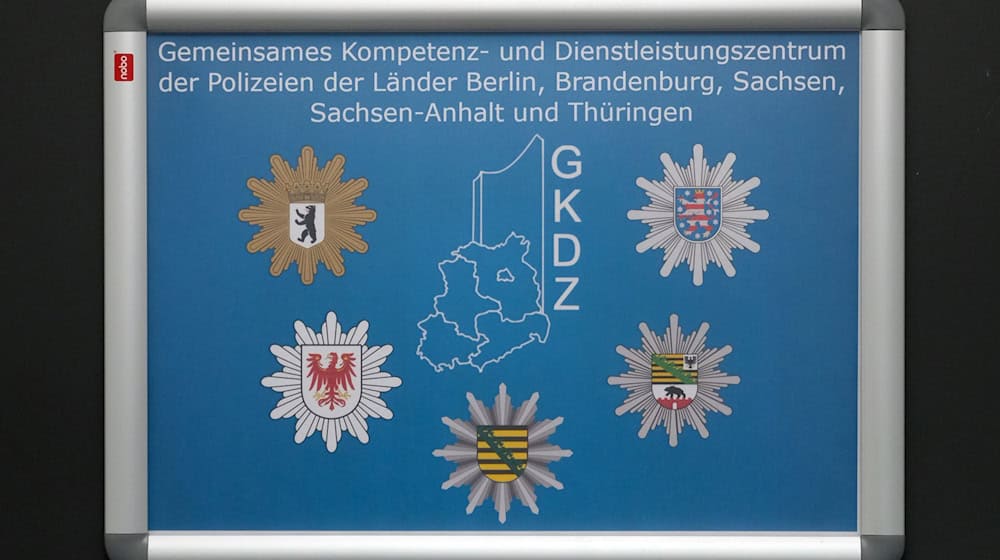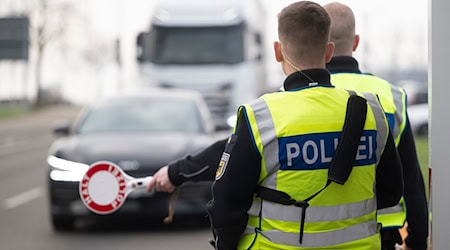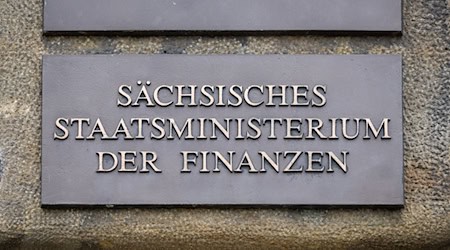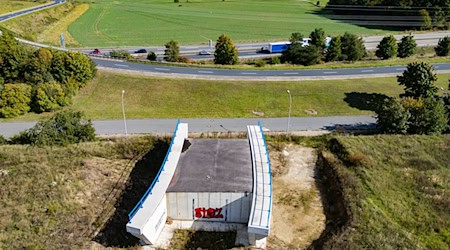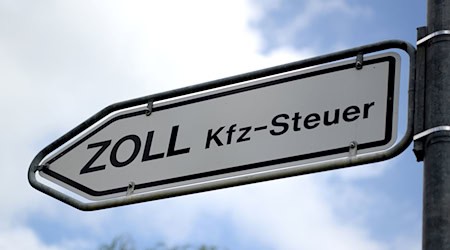The taxpayers' association in Saxony-Anhalt has criticized the delay in the operation of the joint police interception center. The aim of achieving synergy effects and pooling expertise with a cross-state facility is the right one, the association said in Magdeburg. "However, good intentions are not enough if implementation fails for years due to a lack of software. Millions in savings cannot be realized for years as a result."
Originally, the Joint Competence and Service Centre (GKDZ) based in Leipzig was supposed to be operational in 2024. Berlin, Brandenburg, Saxony, Saxony-Anhalt and Thuringia are involved in the project. However, there are problems with the commissioning of telecommunications surveillance, as the Ministry of the Interior in Dresden admitted a few months ago. The case now appears in the new "Black Book" of the Taxpayers' Association.
According to the association, the start of regular operations is likely to be delayed by several years, in any case until 2027. The contracted service provider is paying the GKDZ millions in damages and compensation for the delays. However, these are "only a small consolation", as planned savings in the millions were lost year after year, it said.
System does not work, but personnel costs are incurred
Despite the lack of operational readiness, 23 of the planned 40 employees are already working at the center, according to further criticism. "This means that more than half of the personnel costs are already being incurred while the system is not yet operational." Around 1.8 million euros in personnel costs were incurred in 2024, and a total of over 6 million euros has been spent on personnel since 2018.
The interception center, which is intended to provide services for the police forces of the five federal states in the fight against serious crime, was launched in 2017 by a state treaty. The police may only use telecommunications surveillance to investigate serious crimes - such as murder or suspected terrorism. For this purpose, landlines or cell phones, but also communication via messengers such as WhatsApp, can be tapped.
Copyright 2025, dpa (www.dpa.de). All rights reserved

